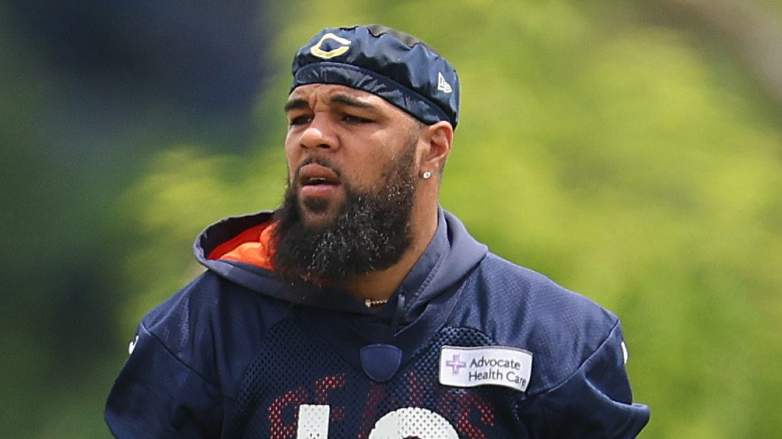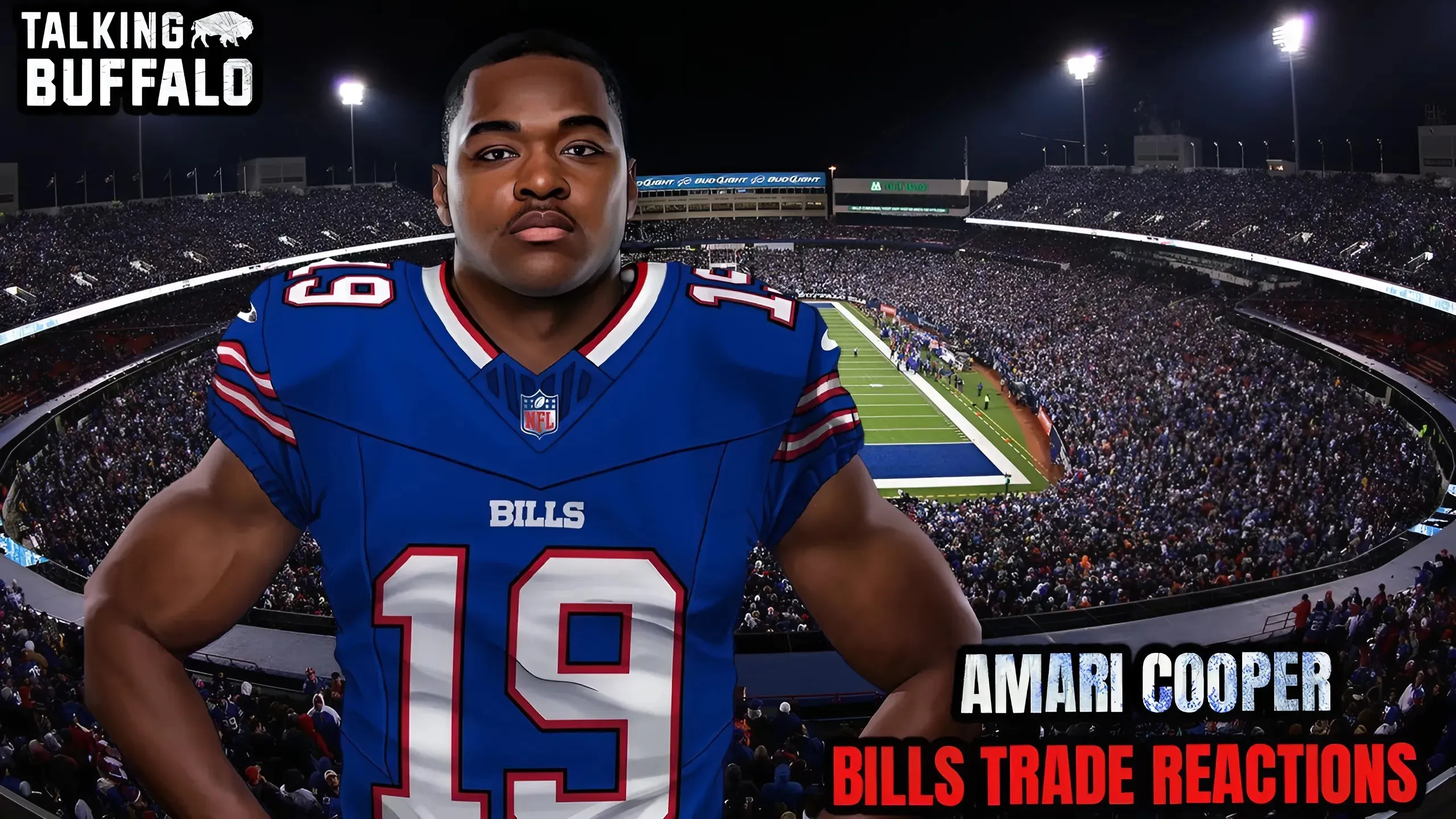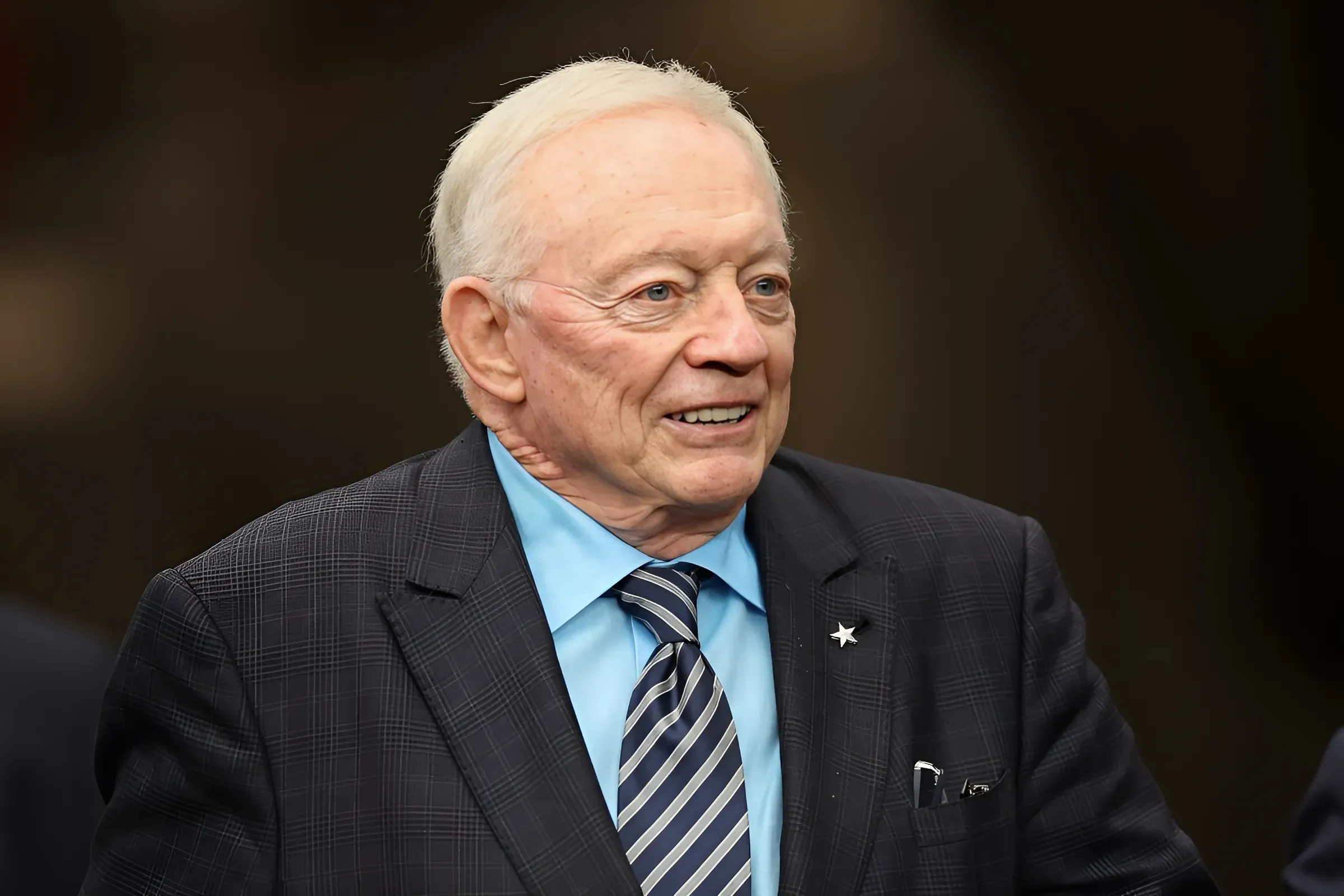
Getty Quarterback Caleb Williams of the Chicago Bears.
There is no shortage of Chicago Bears fans who are high on quarterback Caleb Williams as he stands on the precipice of his rookie season, but are they rushing expectations and setting themselves up for a letdown?
Aaron Schatz of FTN said that the answer to that question is, more or less, probably.
He offered his projection for Williams’ initial NFL campaign during an interview with Sam Householder of SB Nation’s Windy City Gridiron that published on Friday, August 23. Schatz began by predicting an “average” season for Williams, then explaining in a somewhat roundabout way precisely what he means when employing that descriptor.
“I just feel like you have to predict rookie quarterbacks will be bad. They’re not necessarily bad. Some of them are good. And some of them are average. And some of them are really, really bad,” Schatz said. “You don’t project rookie quarterbacks to be any of those things, you project them to be average — average for rookies, which means bad.”
Schatz noted that the Bears’ range of possible outcomes in 2024 is wider than most due to the additions of players like wide receivers Rome Odunze and Keenan Allen. However, he also offered some sobering advice to Bears Nation.
“I feel like people need to slow their roll a little bit. It could be really good, but it could also disappoint,” Schatz said of Williams’ rookie campaign. “Let’s say that Caleb Williams [has] an average rookie performance. That would look like Aidan O’Connell or Desmond Ridder. Those guys didn’t play the whole season, but that’s sort of the average performance for a rookie first-round quarterback.”
Comparisons of Caleb Williams to Other Recent NFL Rookie QBs Not Rooted in Traditional Statistical Production

GettyLas Vegas Raiders quarterback Aidan O’Connell.
Schatz’ prediction isn’t necessarily going to be reflected in Williams’ production of traditional statistics during the upcoming season.
O’Connell finished last year with 2,218 yards, 12 TDs and 7 INTs on a 62.1% completion percentage over a 5-5 effort as a starter. Meanwhile, Ridder threw for 708 yards and 2 scores with a 63.5% completion rate and went 2-2 as a rookie starter two years ago.
Williams may still prove far more prolific than either O’Connell or Ridder from a numbers standpoint — particularly if he plays/starts more games, which is likely if Williams remains healthy.
It does mean, however, that Schatz’ predicts Williams will offer the Bears — as an entire team — a similar contribution toward winning as the one O’Connell provided the Las Vegas Raiders last season and Ridder produced for the Atlanta Falcons two years past.
Players Around Caleb Williams May Hold More Sway Over How Far Bears Go This Season

GettyWide receiver Keenan Allen of the Chicago Bears.
Schatz invented the advanced metric of DVOA, which is applicable to entire teams as well as units within those teams and players within those units.
“By adjusting each play based on the opposing defense’s average success in stopping that type of play over the course of a season, we get DVOA, or Defense-adjusted Value Over Average,” Schatz explains on FTN.
It is by DVOA that Schatz is projecting Williams’ performance and by DVOA that he is judging that projection against past outcomes for O’Connell and Ridder and their respective teams. The Raiders were .500 with O’Connell under center and finished 8-9 on the year. The Falcons were also .500 with Ridder two seasons ago and finished 7-10 for the campaign.
Chicago probably has a better roster construction than both of those teams did, which Schatz acknowledged. But players like Allen and Odunze and the entirety of the offensive line may need to do more of the heavy lifting than Williams if the Bears hope to elevate from a 7-10 squad last year under quarterback Justin Fields to a group capable of making a playoff run in a competitive NFC North Division.
It is also important to note that Schatz’ projection is over only a one-year sample — Williams’ rookie year, specifically — and isn’t necessarily indicative of a prediction that he won’t go on to live up to his status as the No. 1 overall draft pick in 2024.



